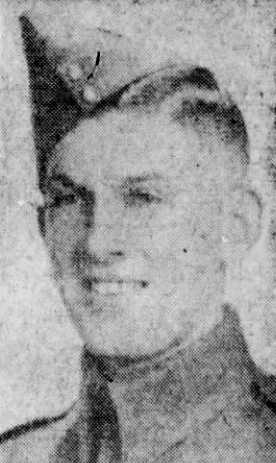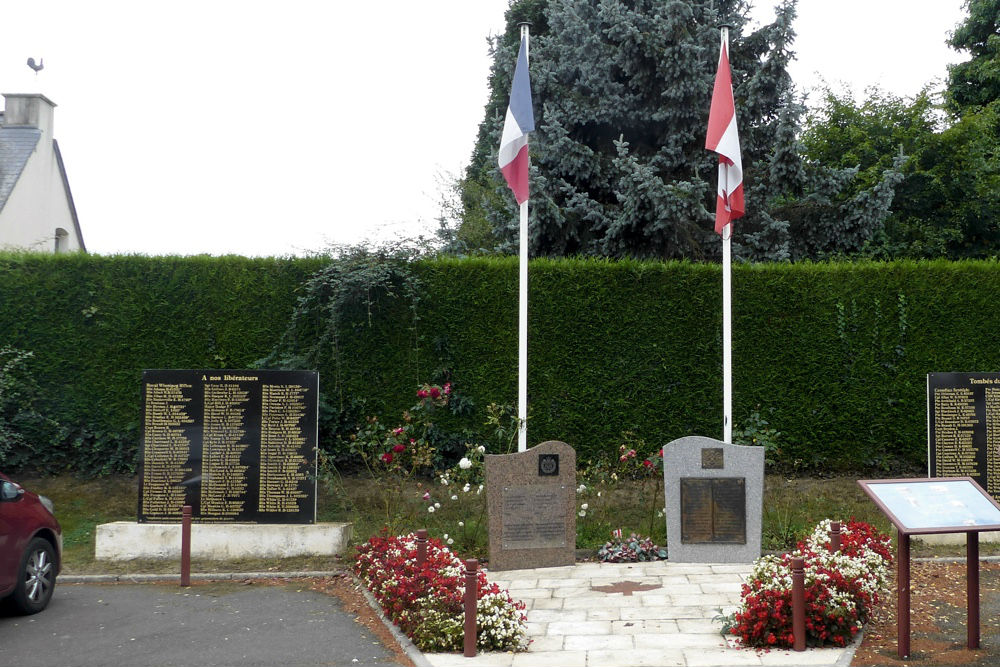Harrison, Francis David
- Date of birth:
- January 11th, 1924 (Owen Sound/Ontario, Canada)
- Date of death:
- June 8th, 1944 (France)
- Buried on:
- Canadian War Cemetery Beny-sur-mer
Plot: XIV. Row: F. Grave: 7. - Service number:
- B/138308
- Nationality:
- Canadian
Biography
Francis David Harrison was born to George Albert Harrison and Florence Mary Harrison. He grew up in a working-class family and attended public school until the age of 15, reaching Grade VI. Before enlisting, he worked as a labourer at Keenan’s Woodenware Factory in Owen Sound. He was described as a quiet and cooperative young man, though psychiatric evaluations later noted signs of mental retardation and limited intellectual capacity.
On January 8, 1943, Harrison enlisted in the Canadian Army at Owen Sound. He was assigned the regimental number B-138308 and joined the Queen’s Own Rifles of Canada. Despite concerns about his ability to complete basic training, he was deemed fit for service and continued through training at Newmarket and Petawawa. He was later transferred to the Royal Canadian Engineers and served as a sapper.
Harrison was deployed overseas in July 1943 and arrived in the United Kingdom in August. He participated in the D-Day landings on June 6, 1944, as part of the 3rd Canadian Division. Just two days later, on June 8, 1944, he was reported missing in action during the Battle of Normandy. Initially listed as killed in action, subsequent investigations revealed that he had likely been captured and murdered by German forces while a prisoner of war.
His remains were first buried in a temporary grave near Putot-en-Bessin, France, and later reinterred with full military honors at the Beny-sur-Mer Canadian War Cemetery.
His mother, Florence Mary Harrison, was designated as his next of kin and sole beneficiary of his estate. She received his assigned pay, war service gratuity, and memorial cross. The Canadian government also issued a formal certificate of death and multiple letters of condolence, acknowledging his sacrifice and informing the family of the war crimes investigations that implicated German forces in his death.
Do you have more information about this person? Inform us!
- Period:
- Second World War (1939-1945)
- Period:
- Second World War (1939-1945)
- Period:
- Second World War (1939-1945)
- Period:
- Second World War (1939-1945)
Sources
- Photo 1: Operation Picture Me
- - Service record(s)








